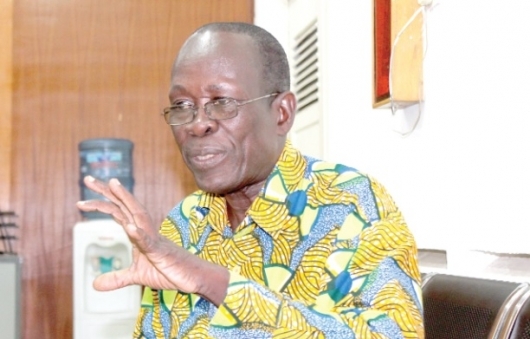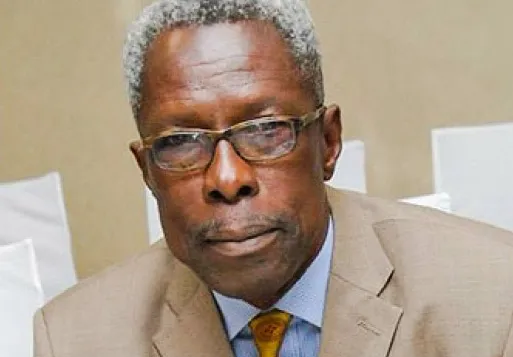
Tema, Ghana – Secretary General of the Ghana Federation of Labour (GFL), Abraham Koomson, has expressed his support for private sector participation in the operations of the Electricity Company of Ghana (ECG), describing it as a possible solution to long-standing inefficiencies in the country’s energy sector.
Mr. Koomson stated that he is open to any decision the government makes—whether to privatize ECG or not—as long as it leads to improved service delivery and greater accountability.
“I will not oppose any move by the government—whether to privatize ECG or not. What matters is that the decision helps resolve the deep-rooted issues plaguing the company and the energy sector as a whole,” he said.
He emphasized that one of ECG’s major problems stems from the lack of commitment and accountability often associated with state-owned enterprises, noting that private institutions tend to enforce higher standards of efficiency and discipline.
The government has already taken steps to explore private sector involvement in ECG’s operations, citing persistent financial losses, operational inefficiencies, and political interference.
On January 24, 2025, a seven-member committee was inaugurated to evaluate potential private-sector participation models and advise on the best path forward.
Mr. Koomson pointed out that Ghana’s energy sector has suffered due to politically motivated decisions in the past—including inflated procurement contracts, indiscriminate installation of unregistered meters, and the use of substandard equipment.
“If ECG were a privately owned entity, the disappearance of over 1,000 containers would never have happened,” he asserted.
He also expressed concern that some individuals within the system deliberately sabotage ECG’s performance, knowing it is a government-run institution.
“There’s a clear lack of seriousness in how some people handle their responsibilities at ECG. If it were privately owned, the attitude would be different,” he added.
Mr. Koomson believes that reducing political interference, improving procurement transparency, and holding staff accountable through private sector collaboration could go a long way in transforming ECG into a more efficient and effective power distributor.
His comments come as debate intensifies over the future of ECG, with labour unions, energy experts, and policy-makers weighing in on whether privatization will bring the needed reforms or introduce new challenges.
Story by: Emmanuel Romeo Tetteh (#RomeoWrites





